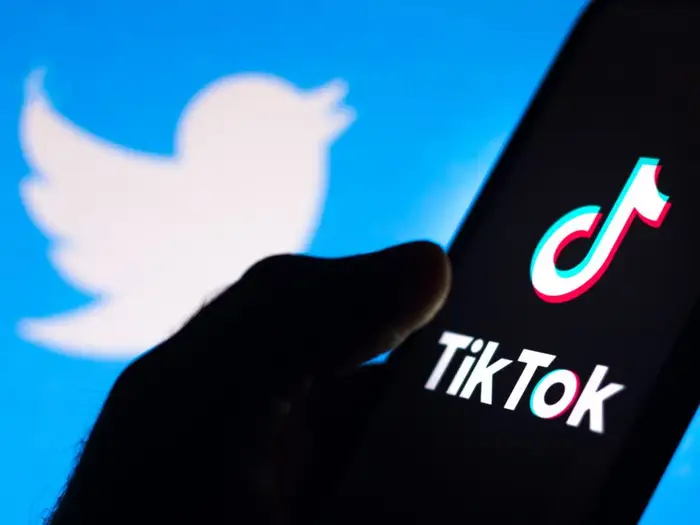The US Supreme Court has rejected Meta’s attempt to block a massive class action lawsuit by advertisers accusing the company of inflating audience metrics. Advertisers claim Meta, the parent company of Facebook and Instagram, overstated the number of potential ad viewers, resulting in significant overcharges.
A lower court ruled that advertisers could seek damages collectively, stating Meta’s conduct was consistent across all affected parties. Plaintiffs, led by DZ Reserve and Cain Maxwell, argue Meta exaggerated potential audience figures by as much as 400%, focusing on social media accounts rather than unique users.
Meta challenged the decision, stating courts have rejected the ‘common course of conduct’ standard and that individual advertisers may not have relied on the figures. The company further criticised the court for excessive leniency when certifying class actions.
Potential damages could exceed $7 billion, covering millions of advertisers since 2014. Advertising remains Meta’s primary revenue source, with $116.1 billion generated in the first nine months of 2024.









